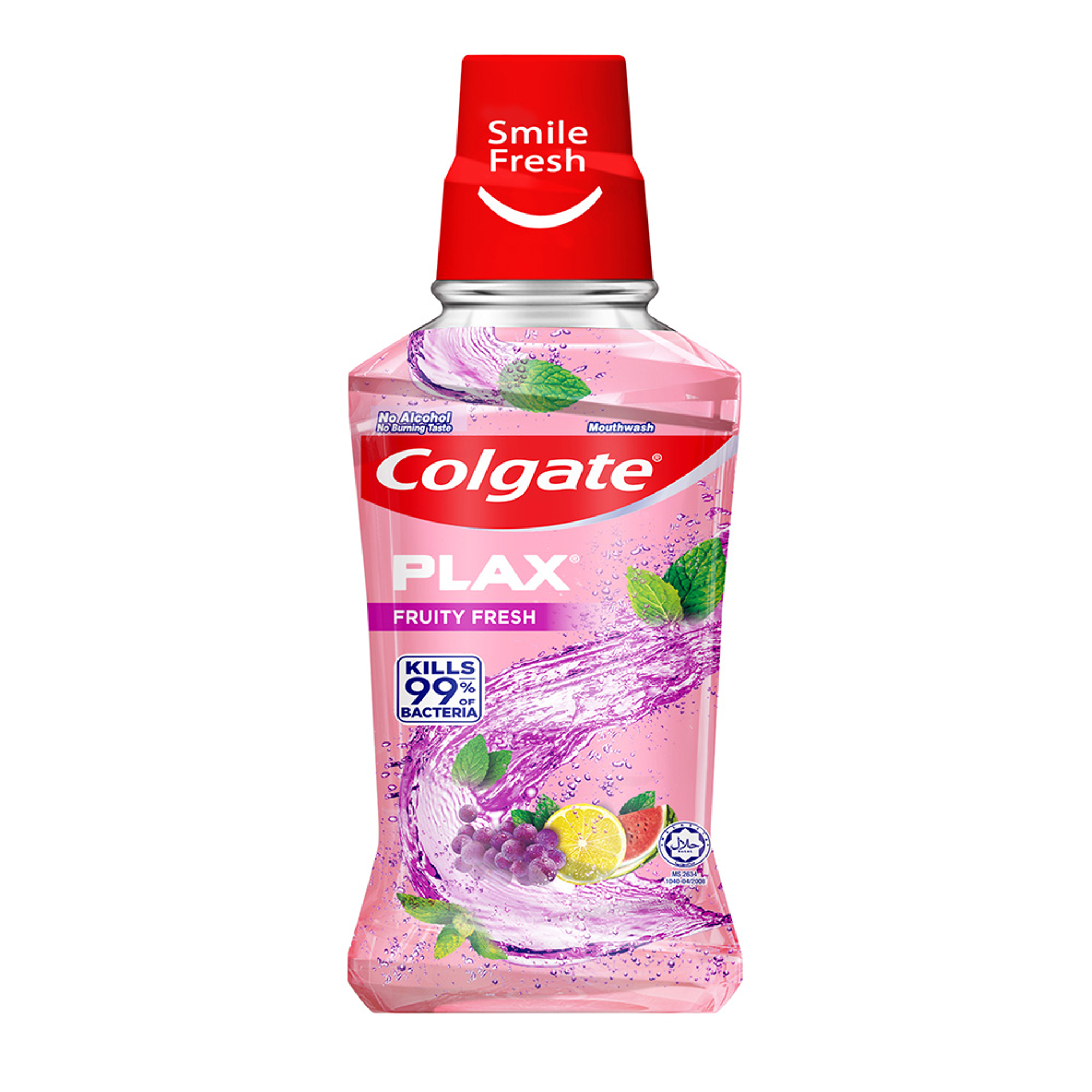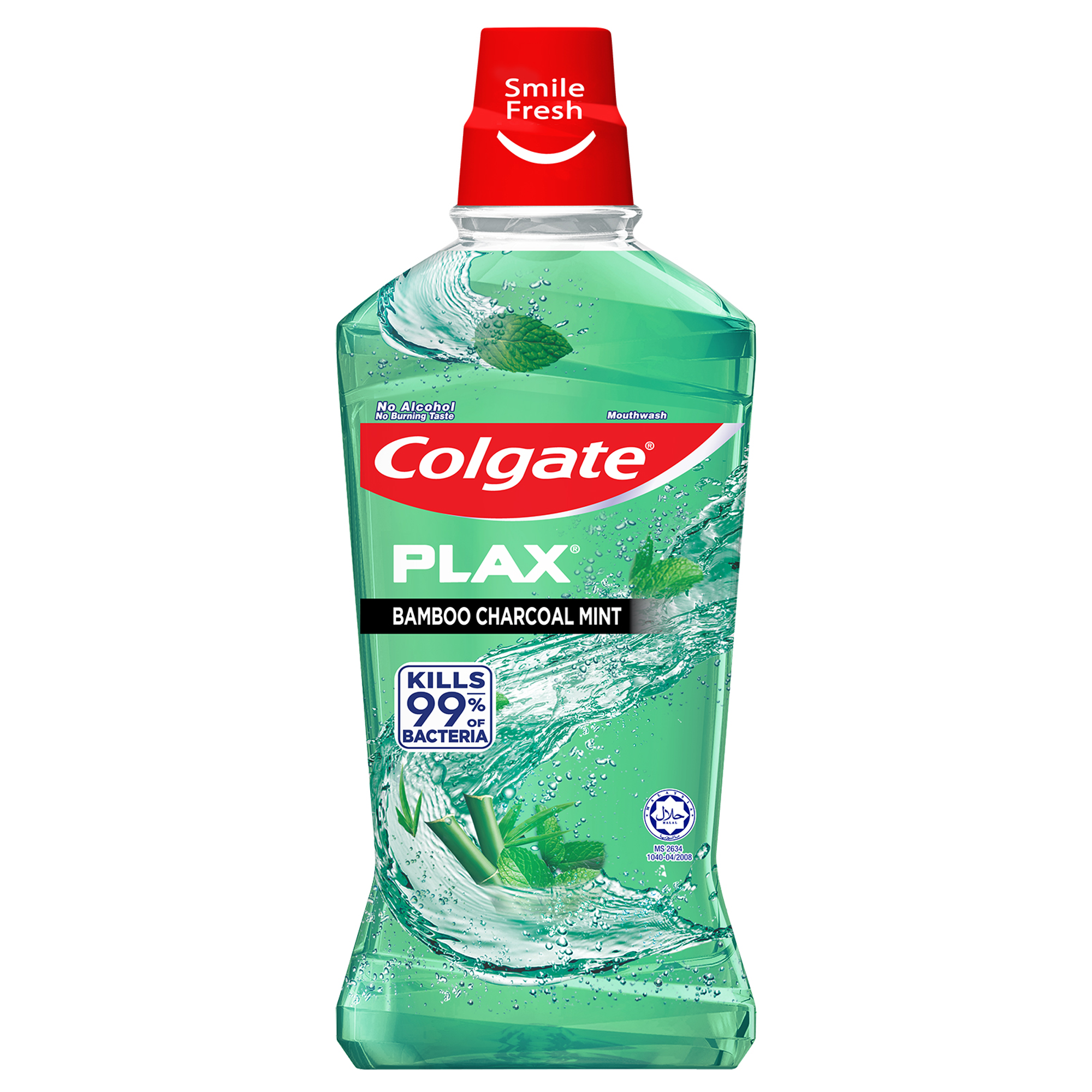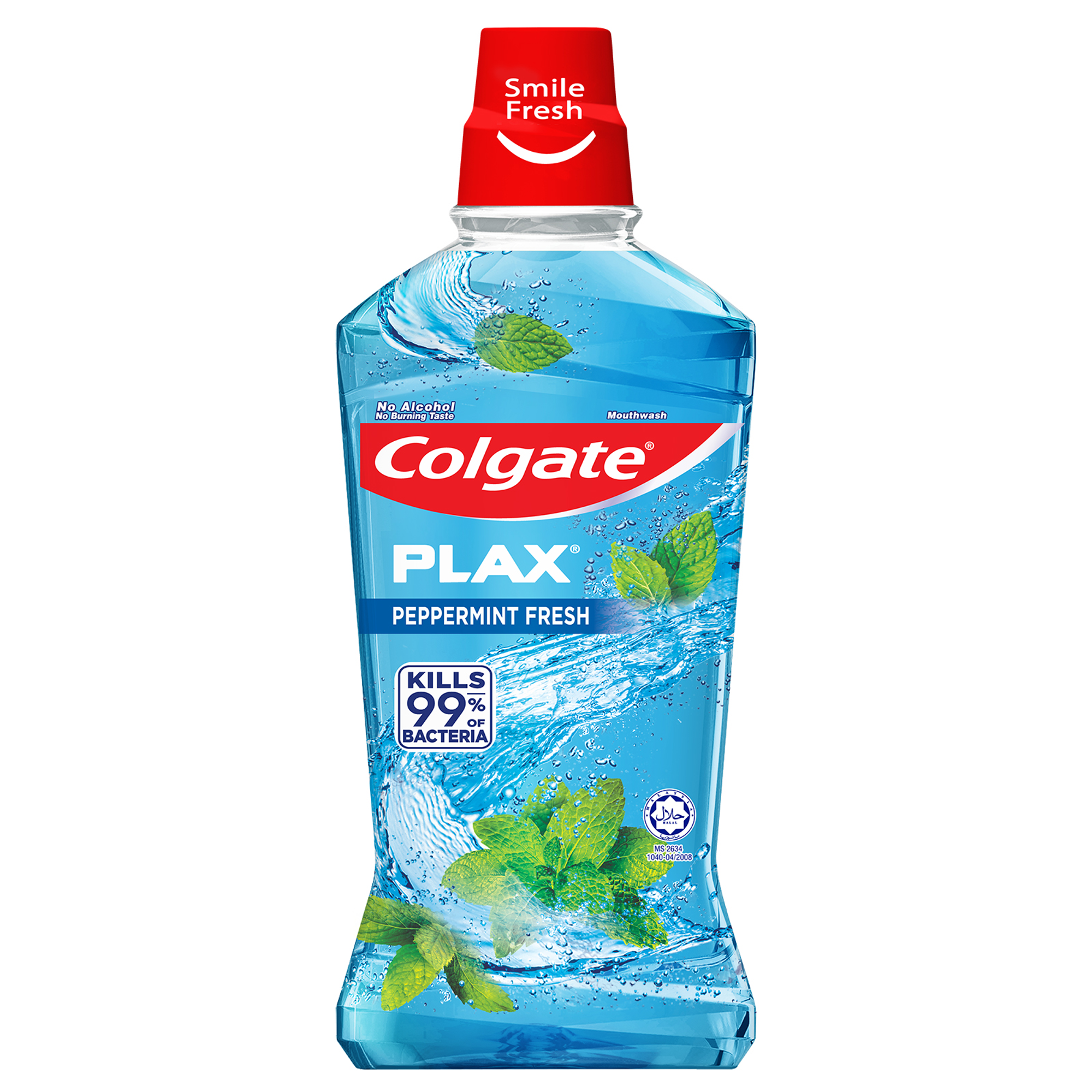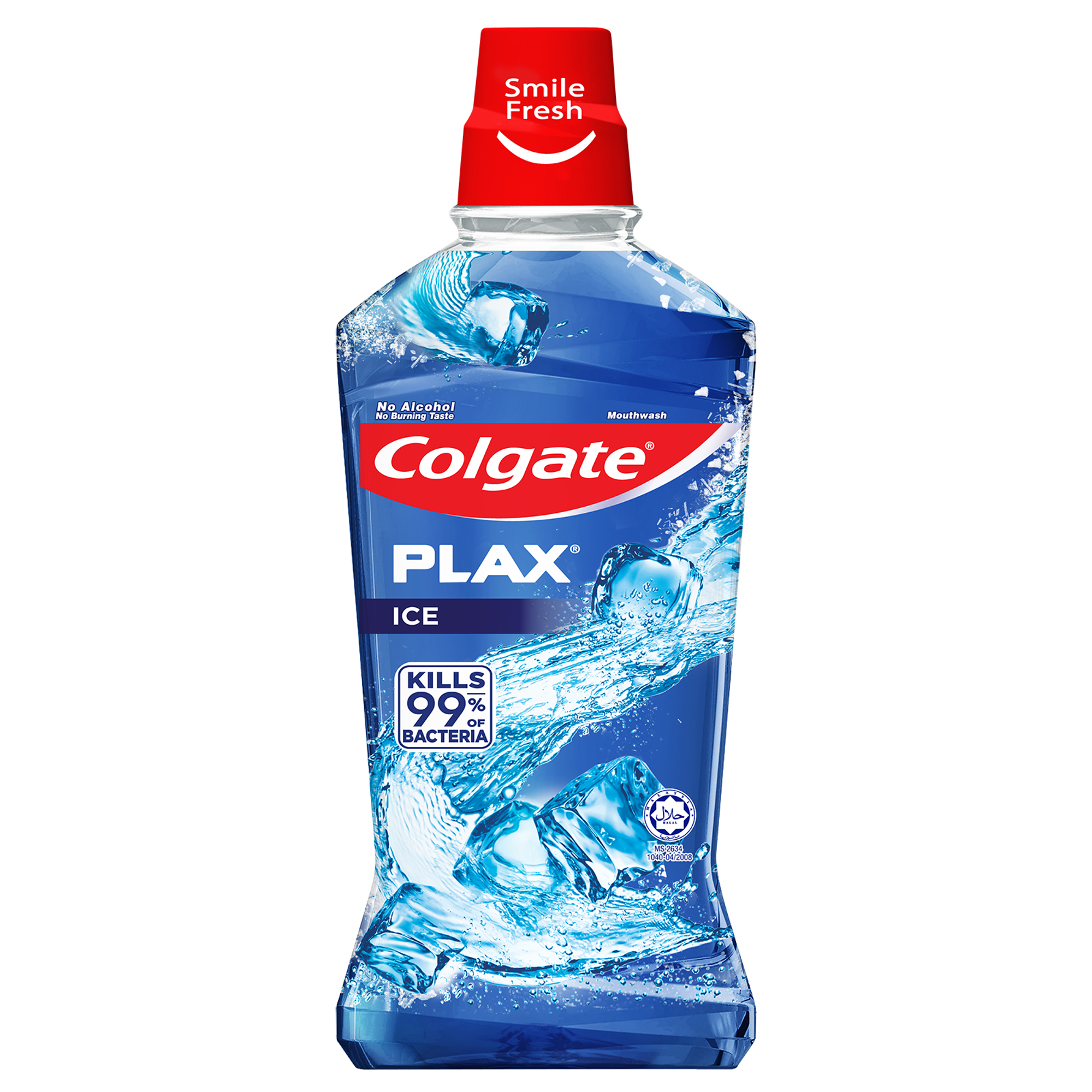What are the Symptoms of Dry Mouth?
Dryness in the mouth can be more than just an occasional discomfort. Left untreated, it can affect your day-to-day activities, including eating and speaking. Besides, it can increase your risk of oral health issues. Hence, identifying and treating it early on is important.
Here are the common symptoms of dry mouth to watch out for:
Dry or sore throat: You may feel constant dryness or irritation in the mouth, sometimes extending to your throat.
Thick saliva: Saliva becomes thick, and your mouth may feel sticky, making it hard to swallow.
Bad breath: Lack of enough saliva allows harmful bacteria to thrive in the mouth. They release foul-smelling compounds, leading to persistent bad breath.
Difficult oral functions: Oral dryness can affect the basic activities of the mouth. It can make swallowing, chewing and speaking uncomfortable.
Burning sensation: Some people may notice a burning sensation or soreness in their mouth or tongue.
Altered sense of taste: You may notice food tasting different or less flavourful. Some people may also experience loss of appetite and resultant loss of weight.
Hoarseness: Prolonged dryness can impact your vocal cords, resulting in a hoarse voice.
Grooved or dry tongue: Your tongue may appear cracked, making it more sensitive to spicy and acidic food.
What Are the Causes and Risk Factors of Dry Mouth?
Occasional dryness in the mouth may not be a matter of concern at all; it may go away as you drink enough water. However, dryness that lasts requires proper attention and care. Dry mouth can occur for various reasons. Understanding the causes and risk factors can help you take the right steps to protect your oral health.
Common Causes of Dry Mouth
The primary cause is poor saliva production. However, several factors can affect the functioning of the salivary glands. They may be daily habits, some medicines or underlying medical conditions. Below are the common possible causes of xerostomia you should know:
Dehydration: Not drinking enough water or excessive intake of caffeine can cause dehydration. Staying hydrated is key to reducing dryness in the mouth.
Smoking and alcohol consumption: Tobacco and alcohol can reduce saliva flow. It can make dryness in the mouth severe.
Mouth breathing: If you ever wondered, “What causes dry mouth at night while sleeping?”, this could be the reason. You may be breathing through your mouth while sleeping. This can dry out your oral tissues, tongue and throat.
Health conditions: Certain medical conditions can impair saliva production, leading to dry mouth. They include diabetes, HIV/AIDS and autoimmune diseases like Sjögren’s syndrome.
Nerve damage: Injuries to the head or neck or surgeries may affect the nerves involved in saliva production.
Ageing: Saliva production may naturally decline as we age. This makes oral dryness a common concern among older adults.
Cancer treatment: Radiotherapy and chemotherapy can damage salivary glands, leading to xerostomia. Radiation therapy to the head and neck area can particularly impact the normal flow of saliva.
Medications: Dryness in your mouth can be a side effect of some medicines you take.
What Medications Can Cause Dry Mouth?
Saliva flow may be reduced as a side effect of some medicines. They may be prescribed to you by a healthcare provider or purchased over the counter. Knowing what medications cause dry mouth helps you manage the symptoms with the help of a healthcare provider. Typically, these include medicines for:
Allergies and cold (decongestants and antihistamines)
High blood pressure and heart conditions
Depression and anxiety (antidepressants)
Pain relief and muscle relaxation
Some factors can increase your risk of xerostomia or worsen it. Chronic health problems like diabetes, long-term medicines for allergies and ageing, to name a few. Untreated xerostomia can lead to bad breath, tooth decay, gum disease and difficulty in chewing or swallowing. Some people may notice a dry throat, cracked lips and infections like oral thrush.
How to Treat, Prevent, and Find Relief from Dry Mouth
Effective treatment of dry mouth requires addressing the underlying causes. Whether you notice it more in the day or at night, early detection and treatment are key to avoiding oral health issues and other complications. It takes a combination of at-home and professional care.
In most cases, dry mouth can be easily managed and even prevented with simple daily habits and lifestyle changes. Whether you feel parched all day or wake up with dryness in the mouth, these steps can help you stay hydrated and feel comfortable:
Stay hydrated: Drink plenty of water throughout the day or sip water in small amounts more often. This will help keep your mouth moist.
Use a humidifier: Adding moisture to the air can help ease oral dryness and reduce discomfort while you sleep.
Chewing sugar-free gum: Chewing gum helps stimulate saliva production and prevents your mouth from feeling dry and sticky. Sugarless gums are a healthier choice as they promote saliva flow without feeding harmful bacteria.
Avoid caffeine, tobacco and alcohol: They can dehydrate your body and worsen dry mouth.
Breathe through your nose: Mouthbreathing, especially during sleep, can dry out your mouth. Try to breathe through your nose and keep your mouth closed to avoid nighttime dryness.
Watch your diet: Avoid foods and drinks that dehydrate your body. Eat moisture-rich vegetables and fruits like cucumber and watermelon to keep your mouth moist.
Practise good oral hygiene: As a dry mouth has a higher risk of dental problems, ensuring good oral care is crucial. Brush your teeth twice and floss them once daily. Rinse thoroughly, especially after a meal. If you are wearing dental appliances like dentures, keep them clean and well-fitted.
Choose gentle oral care products: Use an alcohol-free mouthwash to avoid dehydration and irritation. Choose a toothpaste designed for complete oral care and protection, such as Colgate Total Active Prevention. It is clinically proven to provide 24-hour antibacterial action*, which provides long-lasting preventative benefits against bacteria to help prevent oral care problems before they start.
If symptoms of xerostomia persist or worsen, home care may not suffice. It is best to seek professional help to cure dry mouth and prevent further complications. A dentist can identify the cause and suggest the right treatment based on your unique needs. Professional treatment may include:
Saliva substitutes: Artificial saliva can mimic the feel and function of natural saliva. Saliva substitutes in the form of sprays, liquids or gels provide immediate relief from dryness.
Oral moisturisers: They may be gels, sprays or lozenges. They are designed to hydrate the mouth, keep it moist and soothe dry tissues.
Prescription mouth rinses: Dentists often suggest special mouthwashes for people with dry mouth. They contain compounds like xylitol that help moisturise the mouth and stimulate saliva flow.
Medications: Your dentist may prescribe medicines to stimulate natural saliva flow.
Fluoride treatments: They strengthen the tooth enamel to protect against decay caused by poor flow of saliva.
If the oral dryness is caused by any medication or medical condition, your dentist may refer you to a healthcare provider. They may adjust your treatment plan or suggest safer alternatives. Regular dental visits help address the early signs of cavities or gum disease linked to dry mouth.
When Should You See a Doctor or Dentist?
If your xerostomia symptoms do not improve with home care and over-the-counter options, it is time to consult a dental professional. Schedule a dental appointment if you notice:
Dryness that persists and does not respond to home care
Difficulty swallowing or eating
Long-lasting changes in taste
Suspected medication-induced oral dryness
Signs of tooth decay, cavities or sensitivity
Persistent bad breath that does not go away with good oral care
Mouth sores that hurt while talking or eating
Dry eyes along with dryness in the mouth
Dealing with dry mouth can be distressing, especially when it affects your daily life. Staying hydrated, watching diet and daily habits can help manage the symptoms. If the dryness lasts, consult a dentist to identify the cause and get proper treatment. Good oral hygiene, mindful diet and lifestyle, and regular dental visits are key to a healthy mouth.
*2x daily brushing with 4 weeks continued use
Frequently Asked Questions
- Why is my mouth dry even though I drink a lot of water?
Persistent dry mouth may be caused by some medications or underlying health issues that reduce saliva flow. It is best to consult a dentist for proper diagnosis. - What drinks are good for a dry mouth?
Drinking plenty of water helps. Sugar-free beverages like herbal tea are ideal. Avoid acidic and sugary foods or drinks as they can worsen the condition. - How long does dry mouth last?
It depends on the cause. Temporary dryness may go away within a few hours as you hydrate. Prolonged dryness may require professional care. - What is the best rinse for dry mouth?
You may use alcohol-free mouthwashes with xylitol or fluoride. Dentist-recommended saliva substitutes and rinses can help.














